DieselMinded
Well-known member
i was told mine will auto renew every 6mths i do nothing
You create a CSR on your server, input it at Cloudflare, CF generates your certificate and then you input it on your server like any certificate.Do you really have to do nothing on your server and flick a switch on CF's end?
Fyi, you don't need to stop/start nginx. You can tell it to use an existing folder for the challange/response file and then do an reload so you can update the SSL cert without downtime.Lets encrypt renewal is as simple as creating a script and adding it to cron, i.e. for NGINX:
Code:nano /etc/letsencrypt-renew.sh PASTE #!/bin/bash systemctl stop nginx /root/.local/share/letsencrypt/bin/letsencrypt renew --agree-tos systemctl start nginx
Make it executable: chmod +x /xxx/letsencrypt-renew.sh
Then something as simple as (for cron): 0 0 1 * * root /xxx/letsencrypt-renew.sh
Takes all of a few seconds, run it at some obscure hour of the morning where the least traffic is online, auto renewal for Lets Encrypt sorted.
You create a CSR on your server, input it at Cloudflare, CF generates your certificate and then you input it on your server like any certificate.
Argo is additionally a nice, cheap addition to CF, that gives you the fastest routing possible (Tier 1):
Argo is a service that uses optimized routes across the Cloudflare network to deliver responses to your users more quickly, reliably, and securely. Argo both reduces the number of cache misses and delivers significant latency improvements for requests that must interact with your origin.
CF really is a one-stop shop for improved performance and ease of use.
Not so good for this test: https://gtmetrix.com/reports/www.christianforums.com/p23j0o1xCloudFlare services such as this. Argo + Railgun on Christian Forums is amazing.
Actually, not true.Not so good for this test: https://gtmetrix.com
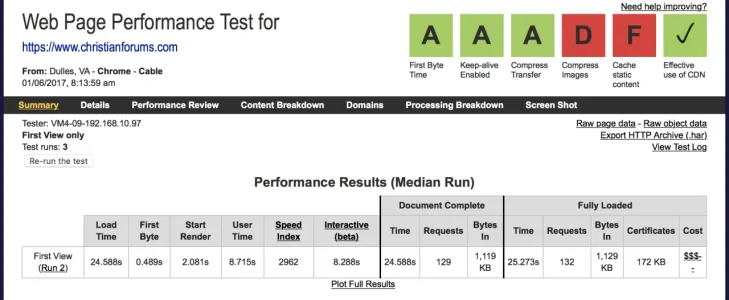
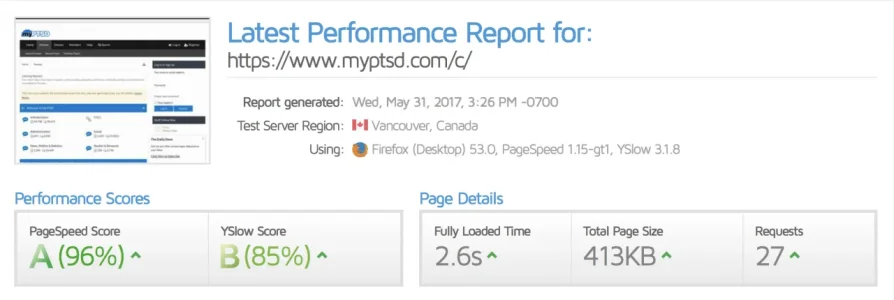
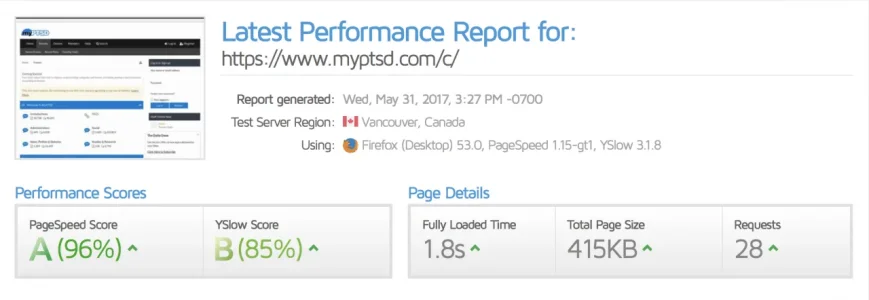
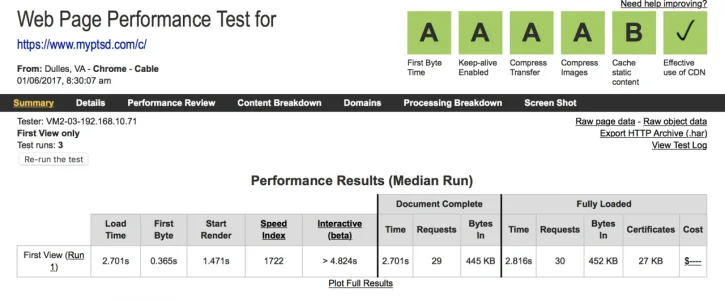
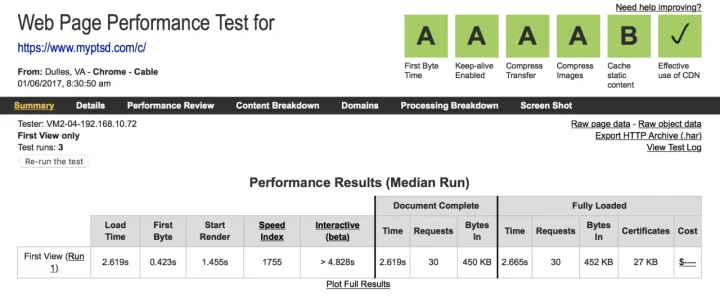
Verdict: DO NOT use GTMetrix for webpage benchmark any more. Super inaccurate.
Yup. Being in Melbourne, Australia, and my main site is in New Jersey, 1.5 - 2.5 second page loads, complete, real-time usage. I'm seeing slightly quicker in real-time with christian forums (which I would put down to railgun), except for the ads which are super slow to load compared to the page rendering.is comparing a test from VA to one in Australia
We use essential cookies to make this site work, and optional cookies to enhance your experience.